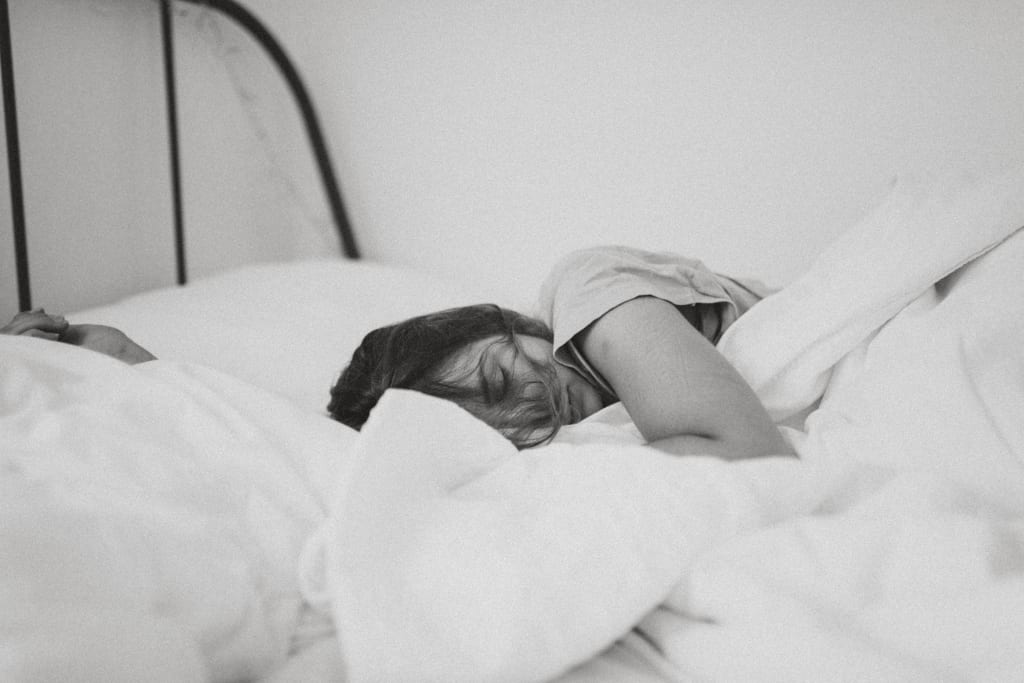Why Do You Need a Good Sleep to Stay Healthy?
Anyone who is going to sleep sometime later, it is important to know that "then" you can get a lot of health problems because of your own unreasonableness

We do not know all the functions of sleep until now. But forced or conscious sleep restriction seriously affects human mental and physical health. Not without reason in China, sleep deprivation was considered one of the most terrible punishments. The Guinness Book of Records does not record experiments with conscious sleep deprivation, considering them deadly. The current scientifically and documented record for maximum sleep deprivation is held by Randy Gardner, who in 1963-1964 stayed awake for 264 hours and 25 minutes (11 days) in a row, without the use of any stimulants.
Even after one sleepless night, which has happened in the life of almost everyone, there is fatigue, reduced concentration, difficulties with complex activities. If you do not sleep for 2-3 nights, then coordination of movements and focusing of vision is impaired. Later, irritability, slowness of movements, slurred speech, hallucinations, odd behavior appear. The person cannot hold a conversation, becomes indifferent to the surrounding world, difficulties in performing the simplest household skills arise... All this just confirms that quality sleep is essential for our body.
What's more, it's not just how much and under what conditions we sleep that matters. The quality of our sleep (and, subsequently, our health) is also influenced by the position in which we sleep. For example, sleeping on your back has many advantages: sleeping in this position has a positive effect on the spine, reduces heartburn and acid reflux, and more.
However, with the development of technology, people on our planet are sleeping less and less. According to the American National Sleep Foundation (page 10), in 1910 the average length of sleep was 9 hours a night, in 1975 - 7.5 hours, and 2005 - 6.8 hours a night. And the downward trend in average sleep time continues.
Sound, light (street lighting, screens of various electronic devices: phones, laptops, tablets, and regular computer monitors), and information (primarily the Internet) "pollution" contributes to a reduction in the duration of sleep. The desire to be always "online", to follow the news in the world, significantly undermines the human psyche, because our brain is not adapted to the processing of such a huge amount of information, sometimes quite contradictory.
A person becomes anxious and there are difficulties with quality sleep - most often it is problems with falling asleep or frequent night awakenings. A person's sleep becomes shallow and not refreshing. This, in turn, further exacerbates the lack of sleep, and in the end, the same symptoms occur as in people who have not slept for two or three days in a row.
First and foremost, sleep is rest for the body. If sleep is lacking quantitatively or qualitatively, a person will begin to experience physical discomfort, headaches, irritability. And most people don't even realize that the cause of their ill health is inadequate sleep. Often they say "I'm very stressed right now," "I'm overextended at work," or "I'm feeling tired. Such people need to catch up on their sleep deficit as soon as possible and restore their bodies. Otherwise, in the future, they will start to make mistakes that they would never have made if their sleep had been of good quality.
In the deep stages of sleep, our body produces the growth hormone somatotropin, which triggers a program of comprehensive body renewal and regulates metabolism. Therefore, lack of sleep increases the risk of diabetes, hypertension, obesity, as well as the severity of chronic age-related diseases. Not without reason, when a person is sick, he always wants to sleep - so the body "renews" itself.
Lack of sleep reduces resistance to disease. During sleep, we produce neuromediators - special chemical substances, which, like a conductor, make our body work smoothly like clockwork. That's why the immune system really needs sleep. People who sleep well get fewer illnesses. So it's better to start sleeping an hour longer now than to suffer the consequences of voluntary sleep deprivation later on.
Cover photo by Kinga Cichewicz/Unsplash
About the Creator
Bonnie Charron
Passionate writer, conversationalist. Interested in HR, IR, and economics, but always ready to discover a new topic






Comments
There are no comments for this story
Be the first to respond and start the conversation.